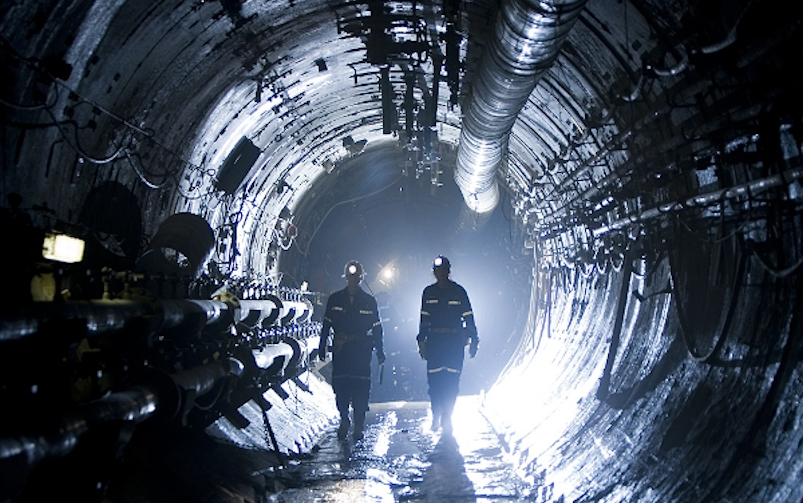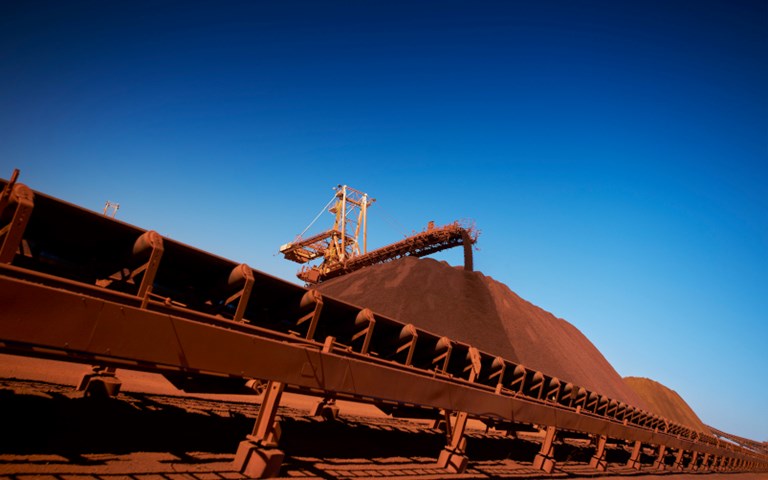BHP will invest US$400 million to develop new technologies to reduce emissions at its operations. Courtesy of BHP
Investors are paying more attention to the social and environmental impacts of their investments and mining companies are taking notice. According to “Tracking the Trends 2020” – the annual in-depth report by professional services network Deloitte on the top 10 mining trends of the year ahead – investors are becoming more socially conscious with their investments and mining firms should look to decarbonizing their productions and creating shared value in communities.
“There’s a general mood swing,” said Andrew Swart, global mining and metals leader for Deloitte, and one of the authors of the report. Swart has noticed first-hand the focus mining companies have on changing their role from a climate change perspective and focus on communities. “I think mining companies are feeling that pressure, because it’s coming from investors, it’s coming from community.” In February, for example, both Teck Resources and Rio Tinto announced their intentions of being carbon neutral in 30 years.
Every year, the firm canvasses their partners and gathers information from most major mining companies, as well as intermediate and some junior miners, to look at the emerging trends of the past year.
In 2019, Deloitte’s report spoke about “value beyond compliance”: the pressure mining companies are facing to go beyond complying to standards, norms and practices to gain the trust of environmentally minded investors. The report recommends that companies make social issues a greater part of their decision-making process, outperform environmental regulations and be more open in disclosing their policies and practices.
This concept is embedded into the number one trend of the 2020 report: the socially conscious investor. Beyond exceeding their requirements, the report suggests mining companies work on their image, as well as brand and reputation management. “Mining needs to do a better job of telling its story,” said Swart, pointing to a fundamental lack of awareness on the consumer end of how mining plays a role in day-to-day life. “Within that context [of the socially conscious investor], telling the story and talking about how you actually make value and how you create that value with communities is going to become critical.”
Over the last two years, Swart has seen a shift towards responsible investing and the importance of ESG principles. He estimates that 25 per cent of investor capital base is now attached to ESG principles. “It’s no longer okay to [just] put out the glossy sustainability report,” he emphasized. “You actually really have to prove those underlying processes.”
As a benefit of committing to strong environmental and community-minded practices, such as investing in local infrastructure, mining companies will be able to avoid roadblocks (sometimes literally) down the line, with less labour unrest and more capital investment.
This goes hand in hand with decarbonization, where mining companies stand to save dollars and meet emissions targets down the line by transitioning to renewable energy.
“The evidence is abundant: global warming is indisputable. The planet will survive. Many species may not,” said Andrew Mackenzie, BHP Billiton’s former CEO, in the report. “Use of emissions intensive products from the resources industry has contributed significantly to global warming.” BHP now takes the climate into consideration in their decision making, and has announced a US$400 million investment program to develop new technologies to reduce emissions from its operations.
Switching to renewable energy can also strengthen relations with local communities. Energy that powers a mine can help drive economic development within that community and be handed over when the life of the mine comes to an end, Swart explained. However, “if you’re handing over a power station, [or] a diesel [generator set]…those are costly items for a community to maintain,” he said. “If you’re handing over renewables, it’s a lot cheaper.”
After returning from the investment event Mining Indaba in South Africa, Swart noted that mining from a climate change perspective was a dominant theme throughout the week. On one of the event’s panels a CEO was asked what’s changed in the last year. “‘Well, two words: Greta Thunberg,’” Swart said, quoting the CEO. The pressures on the industry from investors, communities and end consumers are not abating. Instead, Deloitte predicts that those demands will only increase.
This story was originally published in our March/April issue before the current COVID-19 pandemic.



